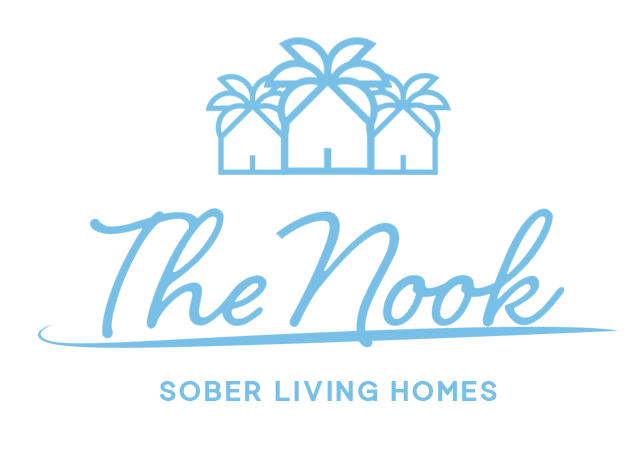Those struggling with addiction or a substance use disorder may be in denial about the harm their addiction causes not only to themselves but to their loved ones as well. However, an intervention could be a safe and effective way to help them understand how their behavior affects those they care about while having detrimental effects on their mental and physical health.
What is a Drug Intervention?
A drug intervention is a life-changing and potentially life-saving event organized by the friends and family of someone who needs help to overcome drug addiction. The goal of a drug intervention is to help your friend or loved one acknowledge their struggle with drugs and accept that they need help. An intervention helps a struggling addict see that they have a strong support structure of people who care deeply for them and want to see them put their struggles with drugs in the past.
A proper drug intervention is far from what we often see on television or in the movies. A drug intervention is a carefully planned event where family and friends of someone with a drug addiction come together to explain their friend or loved one’s addiction’s emotional impact on everyone in their lives. Data provided by the National Council on Alcoholism and Drug Dependence suggests that up to 90% of people who participate in an intervention seek help to overcome their addiction after the intervention occurs.
How to Know When an Intervention is Necessary
The signs of addiction vary widely from person to person and based on the substance they use. Because addiction never looks the same, knowing when an intervention is necessary can be challenging. In spite of the differences, there are also common indications of addiction that may help you determine if a friend or loved one needs help. They may display mood changes, cravings, sleep difficulties, and physical health problems. You may also notice new or worsening mental health, legal or financial struggles as obtaining or using drugs becomes a priority over other important things in their life. Also, they may begin to isolate or distance themselves from others either to use in private or in the attempt to hide their struggle from others.
It can be very trying to watch a friend or loved one live with an addiction, especially when they adamantly deny there is a problem or refuse to seek or accept help. Unfortunately, forcing the situation can end up making things worse. When you are ready to sit down and talk with your loved one, offer your support and ensure they know you will be there when they are ready. If you cannot convince your loved one to seek help on your own, consider consulting with a professional intervention counselor.
Why do Interventions Work?
Although nothing is guaranteed to be 100% successful, mental health and addiction treatment professionals widely agree that a properly held intervention is a highly beneficial way to help someone struggling with addiction seek the help they need. As noted above, many individuals commit to going to rehab after an effective and properly conducted intervention.
It is important to mention that the success and effectiveness of an intervention are based on various factors or conditions. First, it is vital to consider your friend or loved one’s unique circumstances. Each person responds to an intervention differently, and not everyone will benefit from the process after the first try. It is vital to remain patient and ensure your friend or loved one knows you are available to help when they are ready.
It is also important to conduct the intervention in a way that is helpful for everyone. This means following a few vital tips to ensure the intervention process stays on track and accomplishes the goals you set out to achieve. Once you decide to hold an intervention, it is important to:
- Be selective about who will be present at the intervention.
- Choose the right time and place.
- Create and script, rehearse and stick to it.
- Choose and time when your friend or loved one is sober.
- Choose an order of speakers and follow it.
- Try to control your emotions, body language, and voice.
- Have a “plan B” ready just in case.
- Be patient, and don’t give up.
- Consider seeking the help of an intervention professional.
Finding an Intervention Specialist Near Me
While interventions successfully convinced the majority of addicts to seek treatment, statistics do not show how many conversations are needed before people choose to accept treatment. For some, one conversation may be sufficient, whereas, for others, it may require multiple attempts before they can see how their addiction hurts others and why treatment is the next best step. Don’t give up if you don’t see immediate results from your first attempt. Treatment works, and people can be persuaded to make the needed changes to achieve sobriety and recovery.
Those struggling with substance abuse may be in denial about the harm their addiction causes to themselves and their loved ones. However, an intervention could help them understand that their behaviors hurt those they love while affecting their own physical and mental health. If the intervention subject understands that they have a strong support system as they enter treatment and begin working with a treatment team to achieve and maintain lasting sobriety.
The Nook Sober Living provides reliable and safe sober living housing after treatment ends to those in recovery. Located in beautiful Los Angeles, CA, The Nook is here after the intervention and rehab to help continue to build a strong foundation for long-lasting sobriety. Contact us today to find sober living near you!


